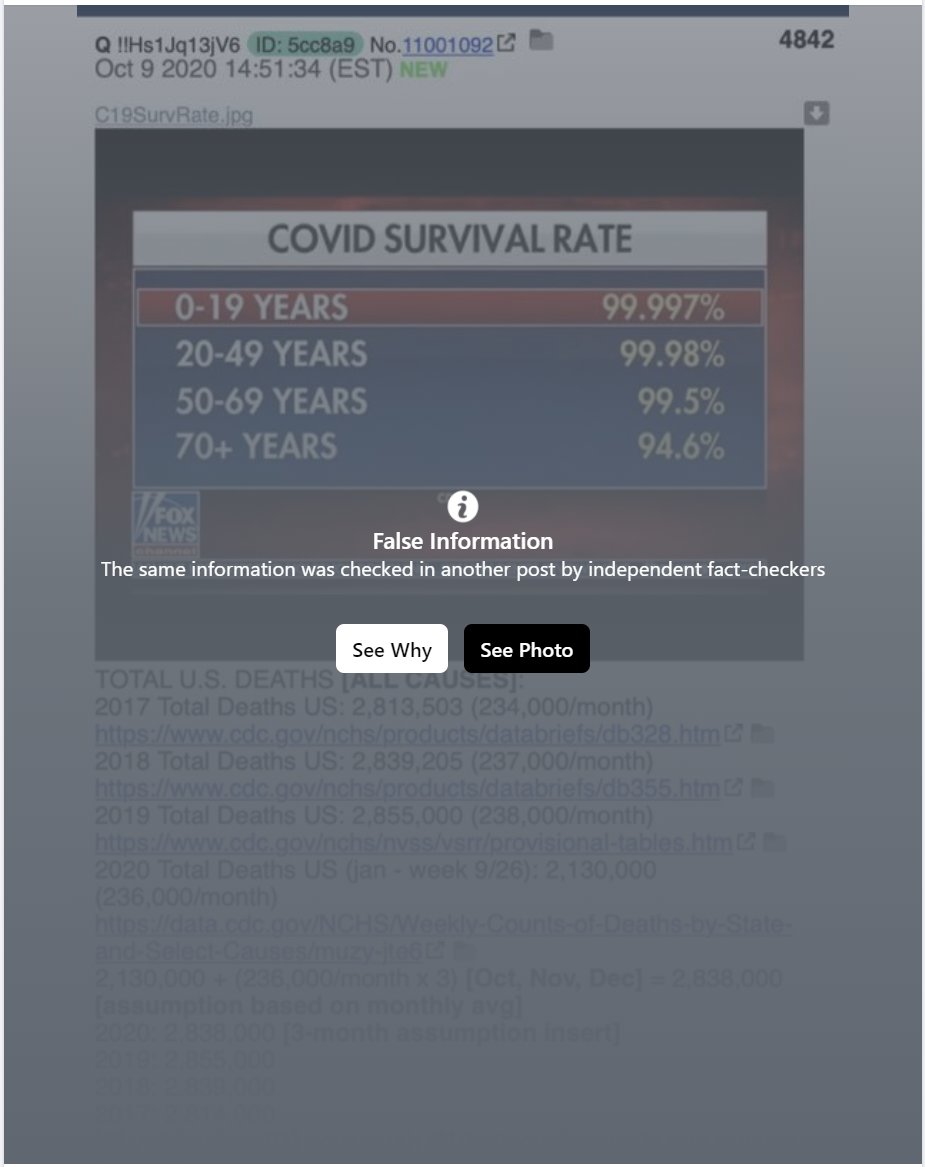
1/4 Canola (rapeseed) oil is one of the better seed oils, it's ~20% linoleic acid.
But it still goes rancid (toxic), because it contains linoleic acid.
Safest and healthiest fats/oils to eat are low in linoleic acid!
@ZeroAcreFarms #lcl6
But it still goes rancid (toxic), because it contains linoleic acid.
Safest and healthiest fats/oils to eat are low in linoleic acid!
@ZeroAcreFarms #lcl6

2/4 "Triacylglycerol (TG), the main component of edible oil, is oxidized by thermal- or photo- oxidation to form TG hydroperoxide (TGOOH) as the primary oxidation product.
3/4 "Since TGOOH and its subsequent oxidation products cause not only the deterioration of oil quality but also various toxicities, preventing the oxidation of edible oils is essential."
4/4 "Determination of [TG] oxidation mechanisms in canola oil using liquid chromatography–tandem mass spectrometry"
nature.com/articles/s4153…
nature.com/articles/s4153…
• • •
Missing some Tweet in this thread? You can try to
force a refresh










